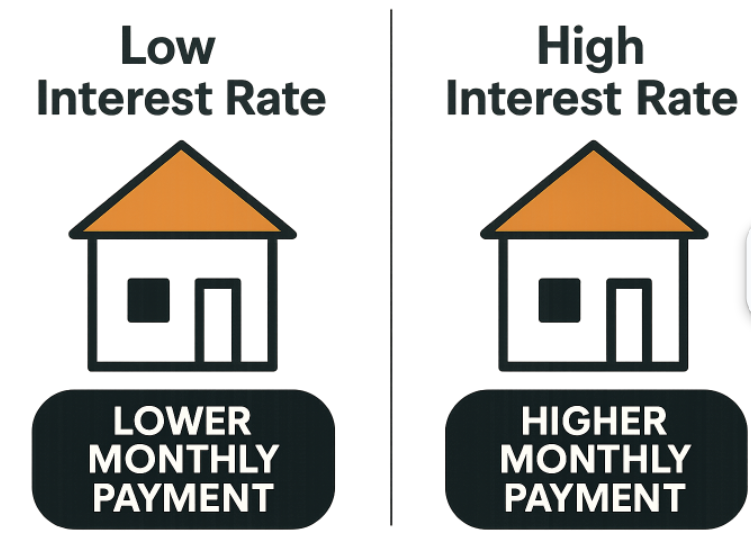The Evolving Landscape of Care in Kansas
Kansas stands at the forefront of mental health innovation, particularly for those who haven’t found relief through conventional therapies. Facilities like Kansas Mental Health Medicine exemplify this shift, blending advanced biological interventions with personalized therapeutic frameworks. Their approach moves beyond standard antidepressants to incorporate FDA-approved Spravato (esketamine), intravenous ketamine, light therapy, and pharmacogenomic testing—treatments specifically designed for complex cases of depression, PTSD, anxiety, and bipolar disorder. This evolution addresses a critical gap: nearly 30% of depression patients don’t respond to initial treatments, necessitating specialized strategies.
Innovative Biological Interventions: Beyond Traditional Medication
For treatment-resistant depression (TRD), Kansas clinics leverage cutting-edge neuromodulation therapies. Spravato (esketamine), administered under medical supervision, targets NMDA receptors to foster rapid neural regeneration—often showing results within hours for suicidal ideation and days for depressive symptoms. Complementing this, Transcranial Magnetic Stimulation (TMS) utilizes magnetic pulses to reactivate dormant prefrontal cortex pathways, while ketamine infusions offer an alternative pathway for regulating glutamate. These interventions are not isolated; they integrate with precision psychiatry practices like pharmacogenomic testing, which identifies genetic markers affecting medication metabolism to avoid ineffective prescriptions.
Personalization as a Pillar of Healing
The strength of Kansas mental health medicine lies in its rejection of one-size-fits-all solutions. Clinics prioritize tailored care plans that account for biological, psychological, and lifestyle factors. For example, light therapy addresses circadian disruptions in seasonal affective disorder, while trauma-informed psychotherapy accompanies biological treatments for PTSD 112. This holistic ethos extends to staffing: multidisciplinary teams—including psychiatrists, nurse practitioners, and therapists—collaborate to adjust treatments dynamically, ensuring therapies evolve with patient progress 512. Such personalization is vital, as studies indicate TRD patients require 3–5 modality adjustments before achieving stability 13.
Accessibility and Affordability Across Kansas
Leading clinics recognize that innovative care must remain accessible. Facilities in Wichita, Overland Park, and Lawrence offer extended hours (7:00 AM–7:00 PM) to accommodate working professionals and urgent needs 112. Financially, acceptance of major insurers—Aetna, Cigna, Blue Cross, Tricare, and Medicare Advantage—reduces out-of-pocket burdens 14. For those without coverage, sliding-scale fees and payment plans ensure critical treatments like Spravato or ketamine therapy remain within reach. Telehealth options further bridge gaps for rural Kansans, providing continuity without travel .
Choosing Your Pathway to Wellness
Selecting the right Kansas mental health medicine provider hinges on three factors:
- Specialization alignment: Match clinics to specific needs (e.g., TRD-focused centers for Spravato; trauma clinics for PTSD-integrated care).
- Treatment philosophy: Seek providers emphasizing lean on me psychiatry—a model prioritizing relational continuity and collaborative decision-making.
- Logistical fit: Prioritize clinics with insurance partnerships, proximity for monitored treatments, and multidisciplinary teams.
Patient testimonials underscore this approach: “After 6 ketamine sessions, I felt alive again—full of hope”.
The Future of Mental Wellness in Kansas
Kansas’s mental healthcare landscape is defined by its fusion of scientific rigor and human-centered philosophy. As research evolves—particularly in glutamate modulation and genetic predictors of treatment response—clinics increasingly tailor protocols to individual neurobiology. Yet the core remains unchanged: empowering patients through empathy and innovation. Whether via a nurse’s reassurance during a Spravato session or a therapist’s midnight availability, Kansas mental health medicine proves healing thrives where technology and compassion intersect .
FOR MORE INTERESTING BLOGS, PLEASE VISIT TECHHUDA.




